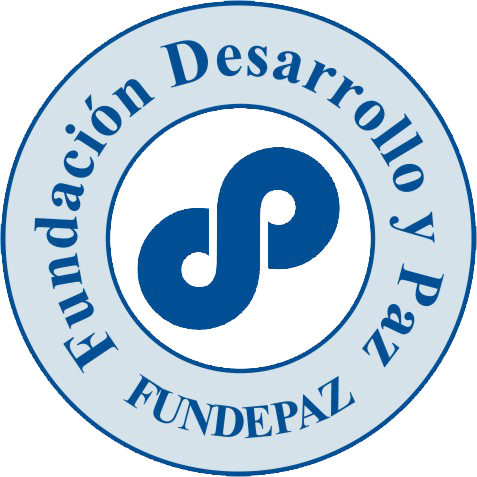As in previous years, during the year 2018, gender violence increased steadily. In 2018, gender violence in Nariño increased for the second consecutive year by 7.6%, from 3,133 cases in 2017 to 3,371 cases in 2018, according to data from the National Public Health Surveillance System – SIVIGILA coordinated by the Departmental Institute of Health of Nariño, IDSN.
These figures mean that during the year 2018 in the department of Nariño 9 women a day or, in other words, 1 woman every 3 hours was a victim of gender violence in any of its typologies. Pasto with 1,283 cases was the municipality of Nariño with the highest number of cases of gender violence, concentrating more than a third (38.1%) of the total cases during 2018. On the other hand, Sandoná and Puerres were the Nariño municipalities with the highest percentage increase in cases of gender violence during 2018 with 210.5% and 83.3%, respectively.
Ten municipalities with the highest number of cases of gender violence
Nariño 2017-2018
| Municipality | 2017 | 2018 | Change | Participation |
| Pasto | 1.119 | 1.283 | 14,7% | 38,1% |
| Tumaco | 585 | 324 | -44,6% | 9,6% |
| Ipiales | 355 | 383 | 7,9% | 11,4% |
| Barbacoas | 112 | 104 | -7,1% | 3,1% |
| Túquerres | 72 | 124 | 72,2% | 3,7% |
| La Unión | 36 | 44 | 22,2% | 1,3% |
| Ricaurte | 35 | 44 | 25,7% | 1,3% |
| Sandoná | 19 | 59 | 210,5% | 1,8% |
| Puerres | 24 | 44 | 83,3% | 1,3% |
| Leiva | 28 | 41 | 46,4% | 1,2% |
| Rest | 748 | 921 | 23,1% | 27,3% |
| Total | 3.133 | 3.371 | 7,6% | 100,0% |
Source: National Public Health Surveillance System – SIVIGILA /IDSN.
Processed FUNDEPAZ
When the data according to the type of gender violence are analyzed, it is observed that more than half (54.0%) of this corresponds to physical violence, followed by sexual violence with 34.3%, which is practically the third part of all typologies of gender violence.
In chapter VIII of Law 1257 of 2008, related to the final provisions, the article 35 establishes that: “the Department for Equality of Women in coordination with the Attorney General’s Office and the Ombudsman’s Office will create the Committee to Follow-up of the Implementation of this law with the participation of women’s organizations. The Department will present an annual report to the Congress of the Republic on the situation of violence against women, its manifestations, magnitude, advances and setbacks, consequences and impact.”
It is in this context of high figures of gender violence in the municipality of Pasto that the Mayor’s Office decides to create the Committee to Follow-up of the Implementation of Law 1257 of 2008 and its regulatory decrees through Decree 0559 of August 20, 2015. According to article 2 of this Decree, among the functions of the Committee are to monitor progress in the implementation and fulfillment of Law 1257 of 2008 and its regulatory decrees in the respective municipality and recommend the necessary corrective measures as appropriate.
The Committee took office on September 9, 2015 with 15 people representing different sectors and women’s organizations, including Fundepaz, being the first meeting of the Committee. Since then the Committee has been meeting every year in order to carry out follow-up actions, including the preparation of an annual follow-up report with the technical support of Fundepaz.
Within the framework
of this process, several weaknesses have been identified in the institutions
with competences to prevent, address and punish gender-based violence, among
which the following deserve to be highlighted: i) Difficulties at the budget
and recruitment level (Lack of equipment and means technical, staff turnover,
etc.) that difficult the operation in prevention and care of institutions such
as the Family Commissariats and the National Institute of Legal Medicine and
Forensics Sciences – INMLCF. ii) Lack of articulation to the Committee of
entities such as the Ministry of Labor and the Municipal Secretariat of
Education that allows to follow up the Law, in particular, Decrees 4463 and
4798. iii) Lack of training of the members of the National Police at the
operational level on Law 1257, its regulatory decrees and the attention route.
iv) Insufficiency of labor inspectors trained to adequately address the care of
women who seek guidance or who have been victims of workplace harassment and
sexual harassment under the law 1257 of 2008[i].
[i] ALCALDÍA DE PASTO. Secretaria de las Mujeres, Orientaciones Sexuales e Identidades de Género. Alcaldía de Pasto. Informe de seguimiento año 2017-2018. p.34

